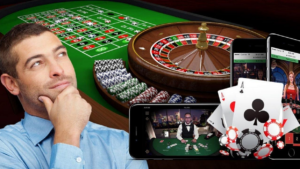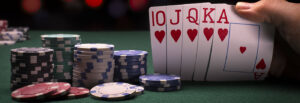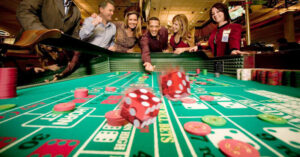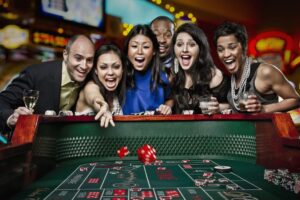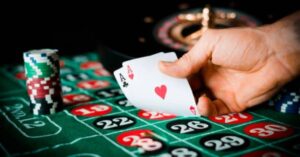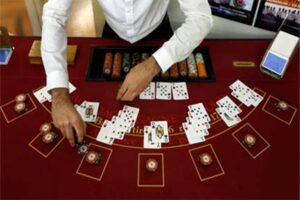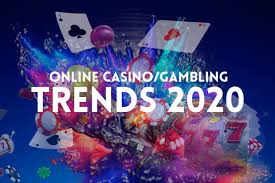
Misconceptions on luck, chance, probability, and control is the main driving force that pushes someone to be trapped in excessive betting behavior. Misconception refers to an incorrect conclusion or viewpoint about a certain matter that resulted from a faulty thinking or understanding brought by erroneous facts. This mental disorder is more common to people who have behavioral or non-substance addictions, such as computer addiction and pathological betting disorder, compared to those who play temporarily.
Emotional Control
Aside from that, people with genetic predispositions are prone to develop this disorder due to the underactivity in the brain particularly the prefrontal cortex responsible for cognitive and impulse control. Studies have shown that excessive stimulation in this area with uncontrolled substance use or over engagement in an activity releases dopamine. This feel-good transmitter gives an addicting sense of euphoria. Those people with genetic predisposition experience a hard time quitting from these overstimulating activities due to the stronger and long-lasting tolerance the brain developed to protect the body from further damage. This is the reason why addicts crave for more just to regain or even surpass their first experience of euphoria. As a result, their mind is set to reward-seeking behavior and impulsivity.
Cognitive Control
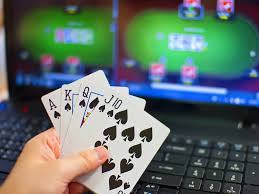
Interestingly, there is a correlation between math and the psychological explanation of betting addiction. According to High Speed Training, there are 5 psychological factors that urge an at-risk bettor to play until it becomes an addiction:
- Partial reinforcement refers to operant conditioning in which the frequency of a stimulus to occur entices a behavior. To put it simply, a bettor whose mind is set to win within 0 to 100% chance is enough to stimulate them to keep on playing until they win. Little did they know, their losses outweigh the small prize.
- Availability heuristic refers to a mental shortcut in which a person’s decision-making depends on the occurrence of past events that have similarities to the present situation. It is also known as availability bias. For example, game addicts think that they can win again after a series of games. Thus, overestimating the winning probability.
- Gambler’s fallacy refers to an erroneous belief that similar events influence the winning probability of the current random events. It’s like giving oneself false hope of winning.
- Illusion of control refers to the unacknowledged false sense of control over the game.
- Loss aversion refers to continuous betting to make up for the losses even though the losses is already greater prior to it and even to the prize. So, the prize losses its enticing factor.
If you have knowledge on cognitive psychology, family history, and math, betting can be controlled. For more amusing and socializing games, you may visit this site: เกมสล็อตออนไลน์.

